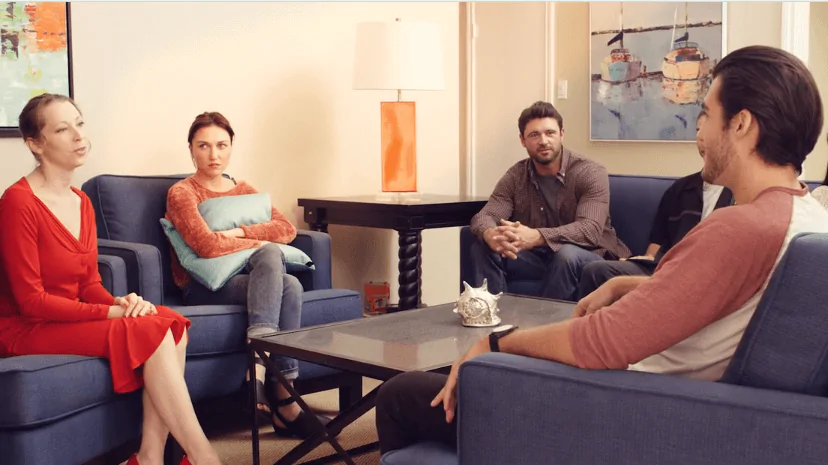24/7 Helpline:
(866) 899-221924/7 Helpline:
(866) 899-2219
Other Insurance Options

United Health Care

Coventry Health Care

Cigna

Magellan
Beacon

BlueCross

Providence

Anthem

Molina Healthcare

Optima

ComPsych

Sliding scale payment assistance

Covered California

Health Partners

Amerigroup

Humana

EmblemHealth

Health Net

Ceridian

State Farm


Appalachian Community Services
Appalachian Community Services is a private rehab located in Robbinsville, North Carolina. Appalachi...















